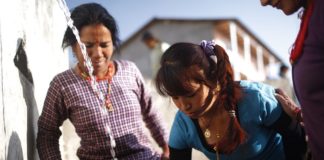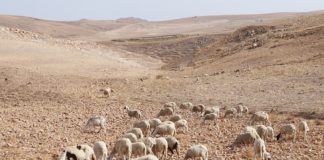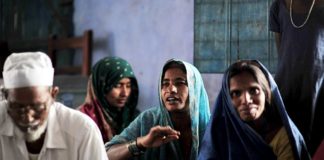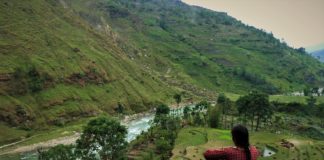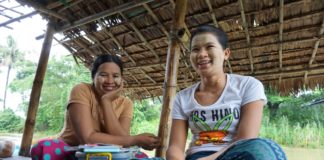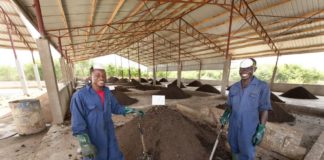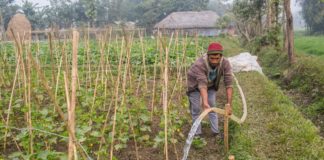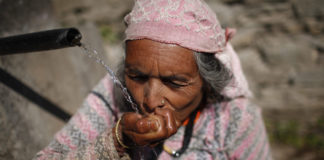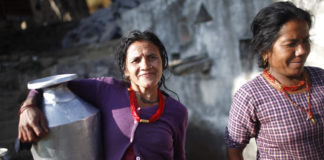Home 2021
Archives
How social accountability tools can improve water service delivery in Nepal
New IWMI report documents and analyzes the implementation of public hearings and public audits in water service delivery.
Three ways water solutions restore the planet
Many of the threats the world faces involve water, but so do the climate solutions we need to restore our planet.
Choosing the collective: Challenging conventional ideas of women’s leadership
Lessons emerging from our research shows that collectives allow bonding and connections through identities other than gender, enabling significant change in entrenched gender-power relations.
Now more than ever we need women and girls in science
CGIAR and IWMI can help to show women that they too have a role to play when it comes to science, research, engineering and technology.
Changing the way we collect data during Covid
In order to continue researching on gender and water systems, researchers from IWMI-Nepal engaged with local stakeholders through alternative means of data-collection during COVID-19.
Why the young aspire to leave agriculture behind
Often, migration is an adaptation strategy, and a myriad of factors shape whether a person undertakes a journey to a new city in search of opportunity.
After the flush: How a project in Ghana is turning human...
An IWMI-led project in Ghana aims to address issues with insufficient financing and lack of capacity by capturing value (‘CapVal’) from human waste in ways that support a circular economy.
Grantees from South Asia awarded funds to develop innovations enhancing solar...
IWMI and the Swiss Agency for Development and Cooperation have awarded five organisations with funds to develop innovations for solar irrigation.
Covid-19—A wake-up call for strategic and inclusive WASH planning and financing...
Covid-19 is a wake-up call for Nepal to urgently prioritize strategic investments in inclusive water, sanitation and hygiene (WASH) programs.
In Nepal, despite political empowerment, women find limited opportunities to shape...
Despite progress, old mindsets continue to challenge gender and social inclusion in community water management.


